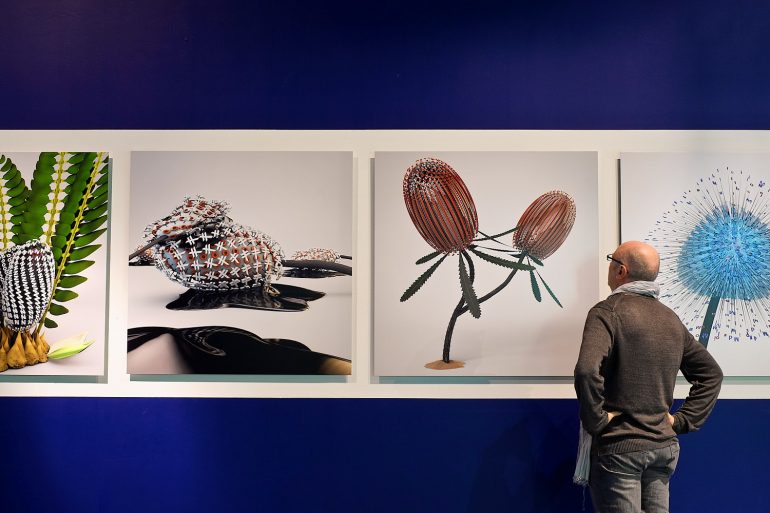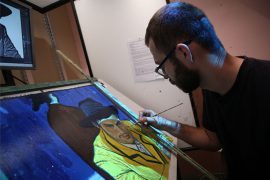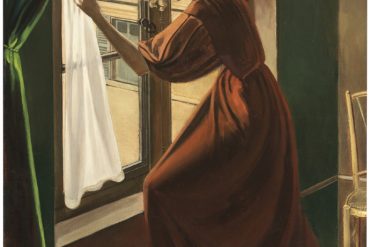Fifty Sisters is a series of fifty 1m x 1m images of computer synthesised plant-forms, algorithmically grown from computer code using artificial evolution and generative grammars. Each plant-like form is derived from the primitive graphic elements of oil company logos. The title of the work refers to the original “Seven Sisters”, a cartel of seven oil companies that dominated the global petrochemical industry and Middle East oil production from the mid-1940s until the oil crisis of the 1970s.
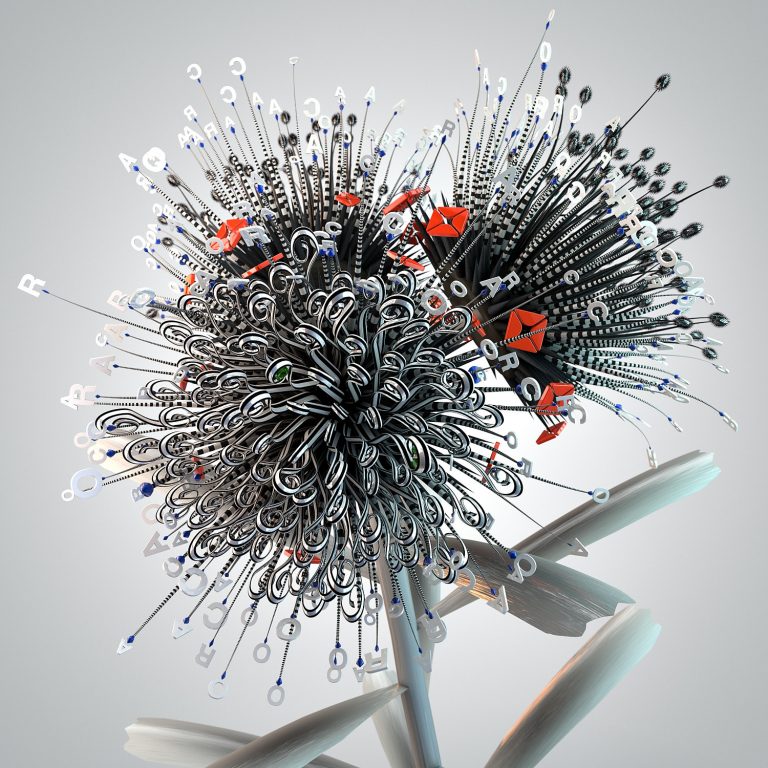
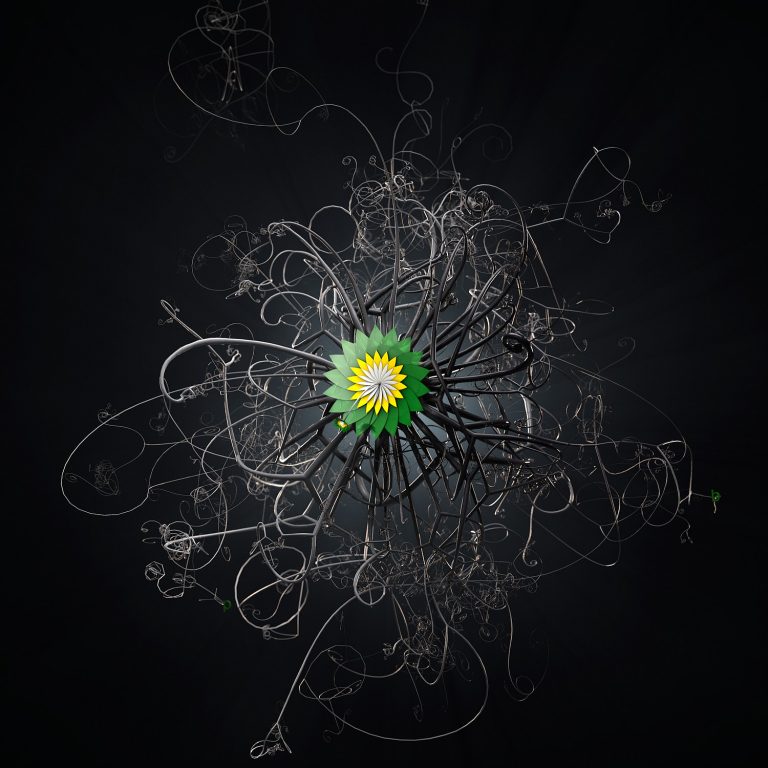
Oil has shaped our civilisation and driven its unprecedented growth over the last century. We have been seduced by oil and its bi-products as they are now used across almost every aspect of human endeavour, providing fuels, fertilisers, feedstocks, plastics, medicines and more. But oil has also changed the environment, evident from the petrochemical haze that hangs over many a modern metropolis, the environmental damage of major oil spills, and the spectre of global climate change.
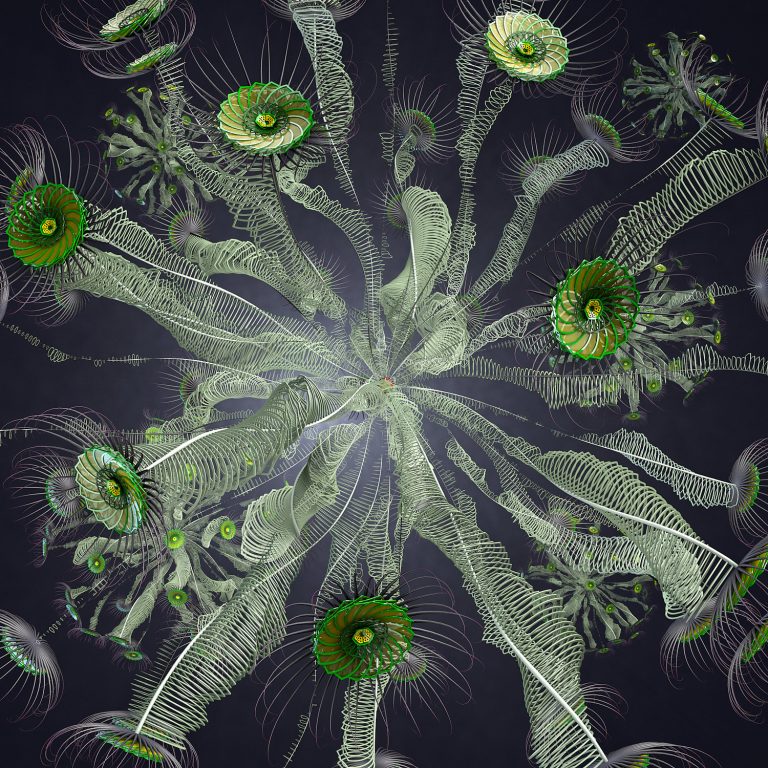
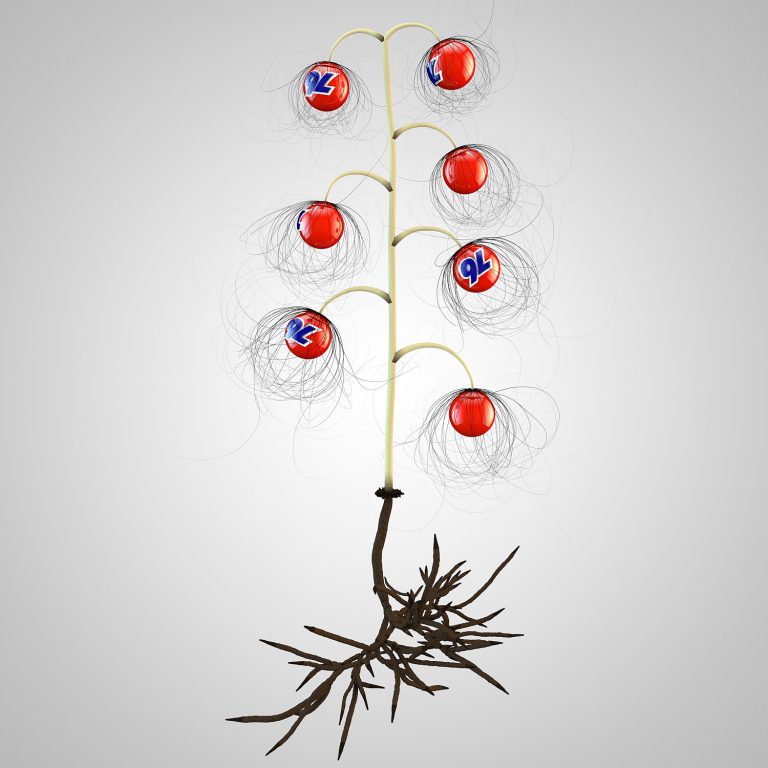
Fossil fuels began as plants that over millions of years were transformed by geological processes into the coal and oil that powers modern civilisation. To create this artwork, a variety of “digital genes” (a computer equivalent of DNA) were crafted to replicate the structure and form of Mesozoic plants and their modern descendants.
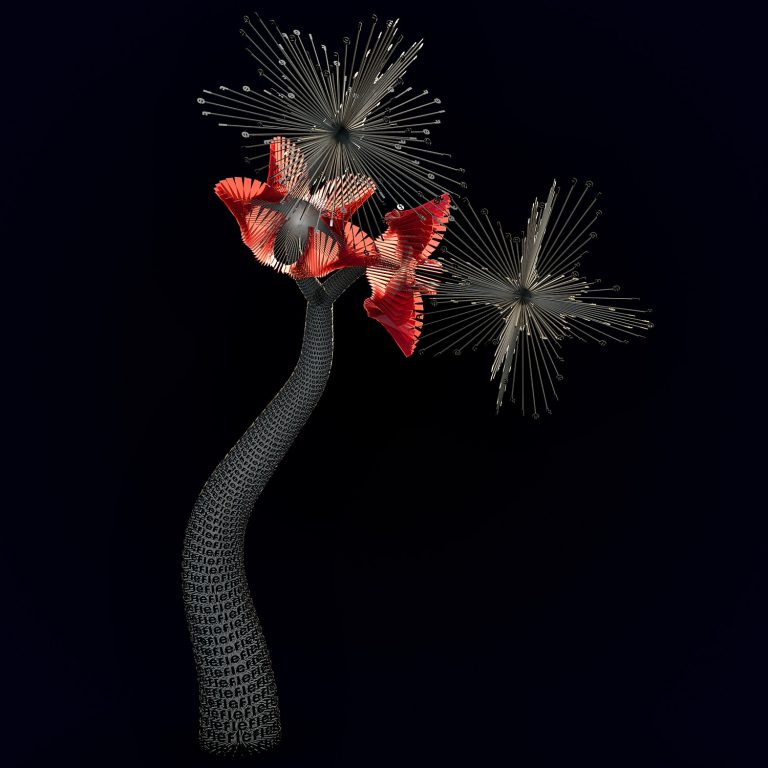
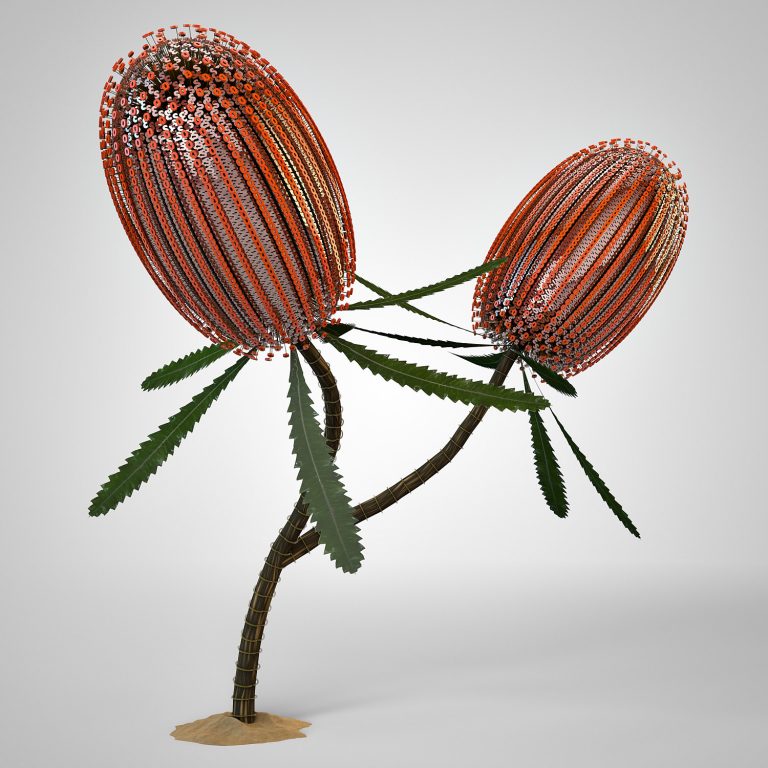
Ironically, the plants that existed in the Jurassic period when the Earth was at its warmest are now a major cause of our world warming and returning to climate conditions that favoured the organisms from which oil originated.
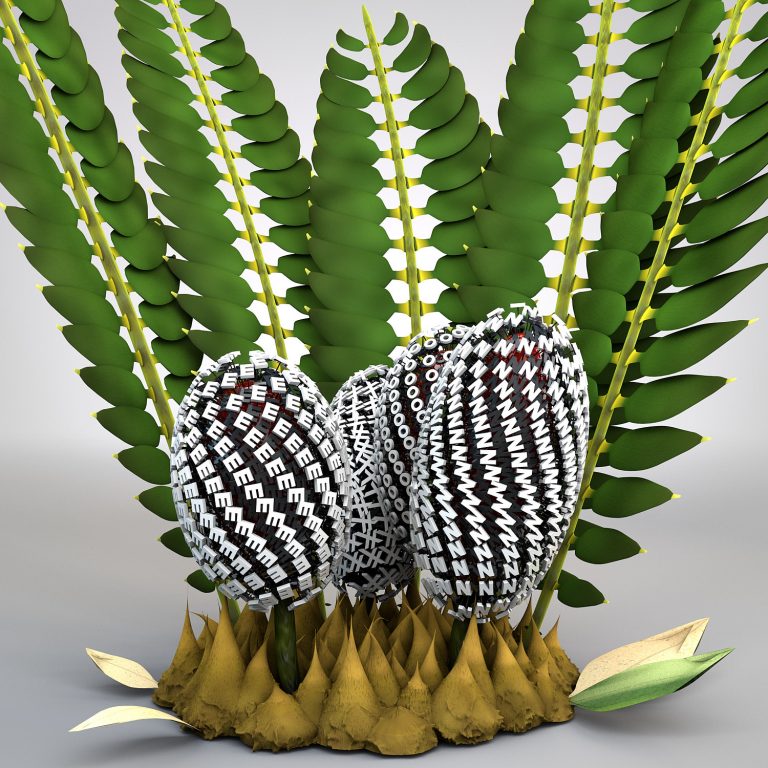
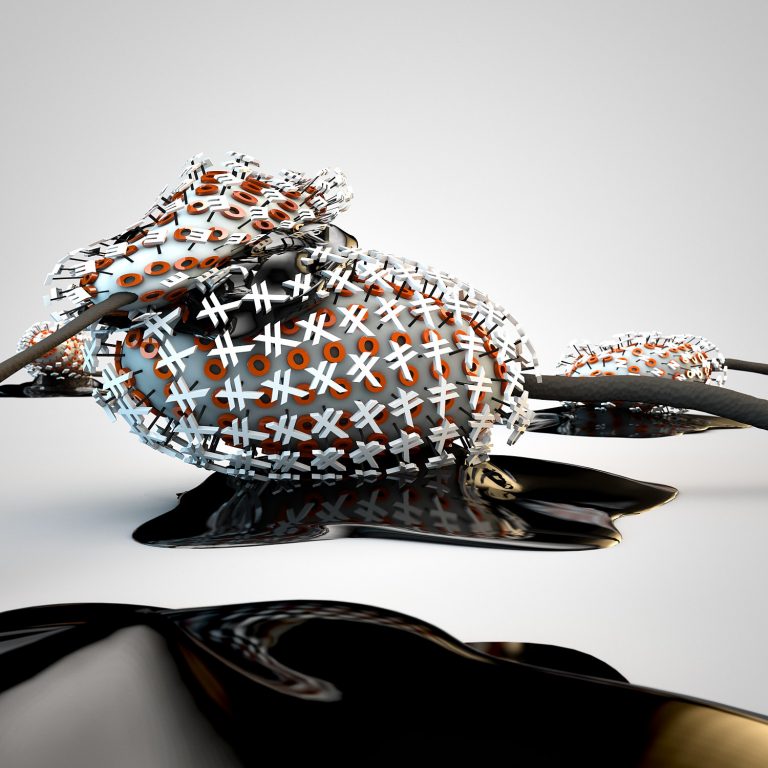
Fifty Sisters was developed as part of the Australian Artist-in-Residence program at the Ars Electronica FutureLab. The Australian Artist-in-Residence program at FutureLab was initiated and produced by Novamedia in partnership with the Australia Council for the Arts and Ars Electronica.
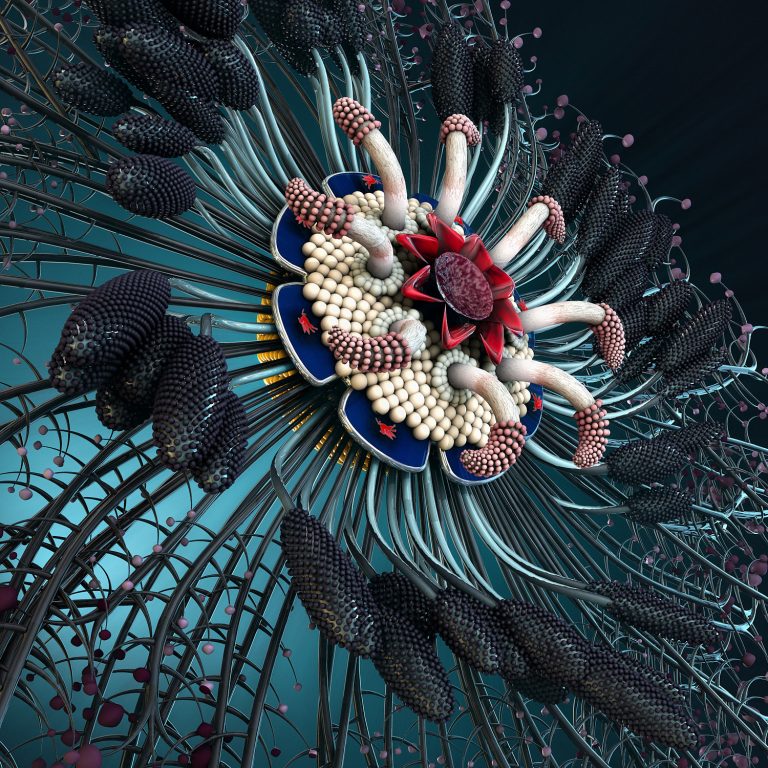
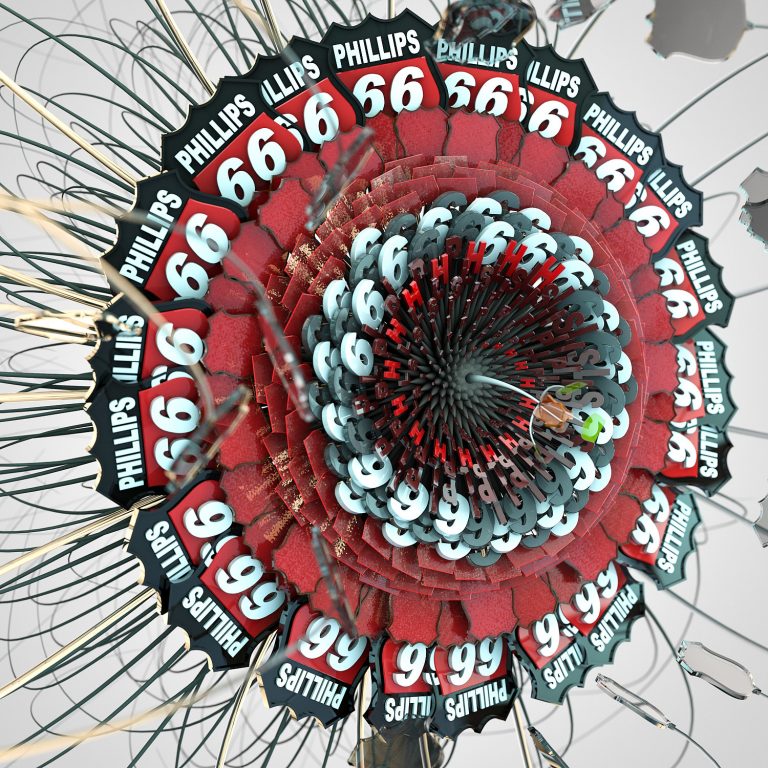
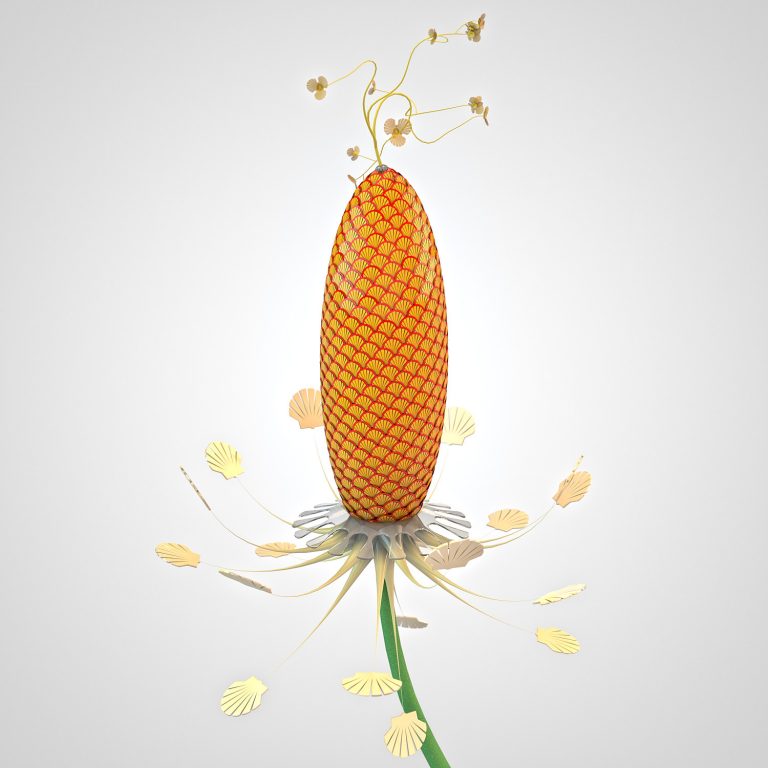
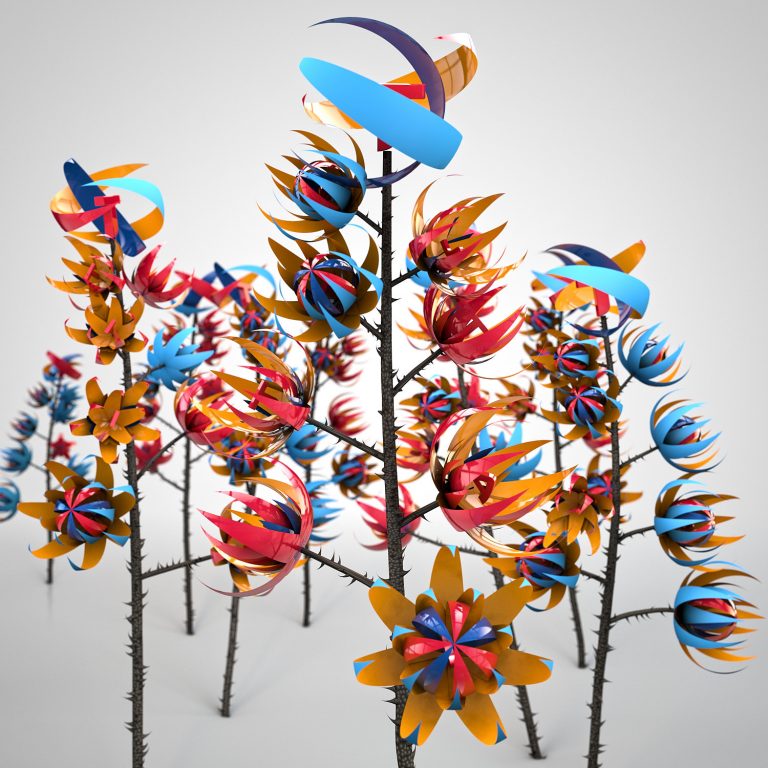
All images © Jon McCormack, shared with permission


